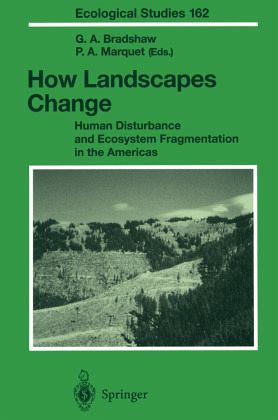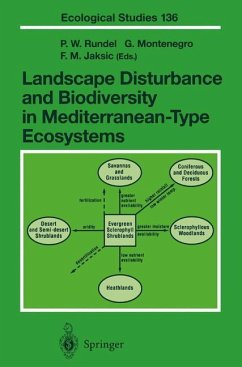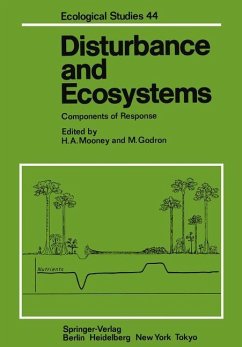
How Landscapes Change
Human Disturbance and Ecosystem Fragmentation in the Americas
Herausgegeben: Bradshaw, Gay A.; Marquet, Pablo A.;Mitarbeit: Ronnenberg, K.L.
Versandkostenfrei!
Versandfertig in 6-10 Tagen
151,99 €
inkl. MwSt.

PAYBACK Punkte
76 °P sammeln!
North and South America share similar human and ecological histories and, increasingly, economic and social linkages. As such, issues of ecosystem functions and disruptions form a common thread among these cultures. This volume synthesizes the perspectives of several disciplines, such as ecology, anthropology, economy, and conservation biology. The chief goal is to gain an understanding of how human and ecological processes interact to affect ecosystem functions and species in the Americas. Throughout the text the emphasis is placed on habitat fragmentation. At the same time, the book provides...
North and South America share similar human and ecological histories and, increasingly, economic and social linkages. As such, issues of ecosystem functions and disruptions form a common thread among these cultures. This volume synthesizes the perspectives of several disciplines, such as ecology, anthropology, economy, and conservation biology. The chief goal is to gain an understanding of how human and ecological processes interact to affect ecosystem functions and species in the Americas. Throughout the text the emphasis is placed on habitat fragmentation. At the same time, the book provides an overview of current theory, methods, and approaches used in the analysis of ecosystem disruptions and fragmentation.












